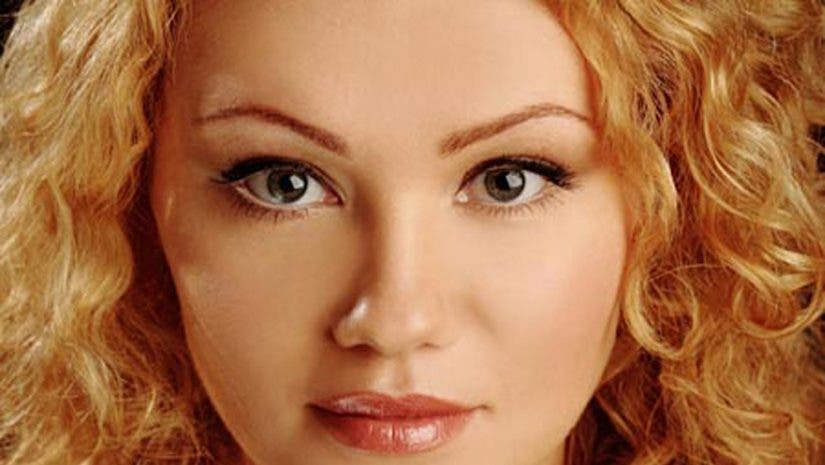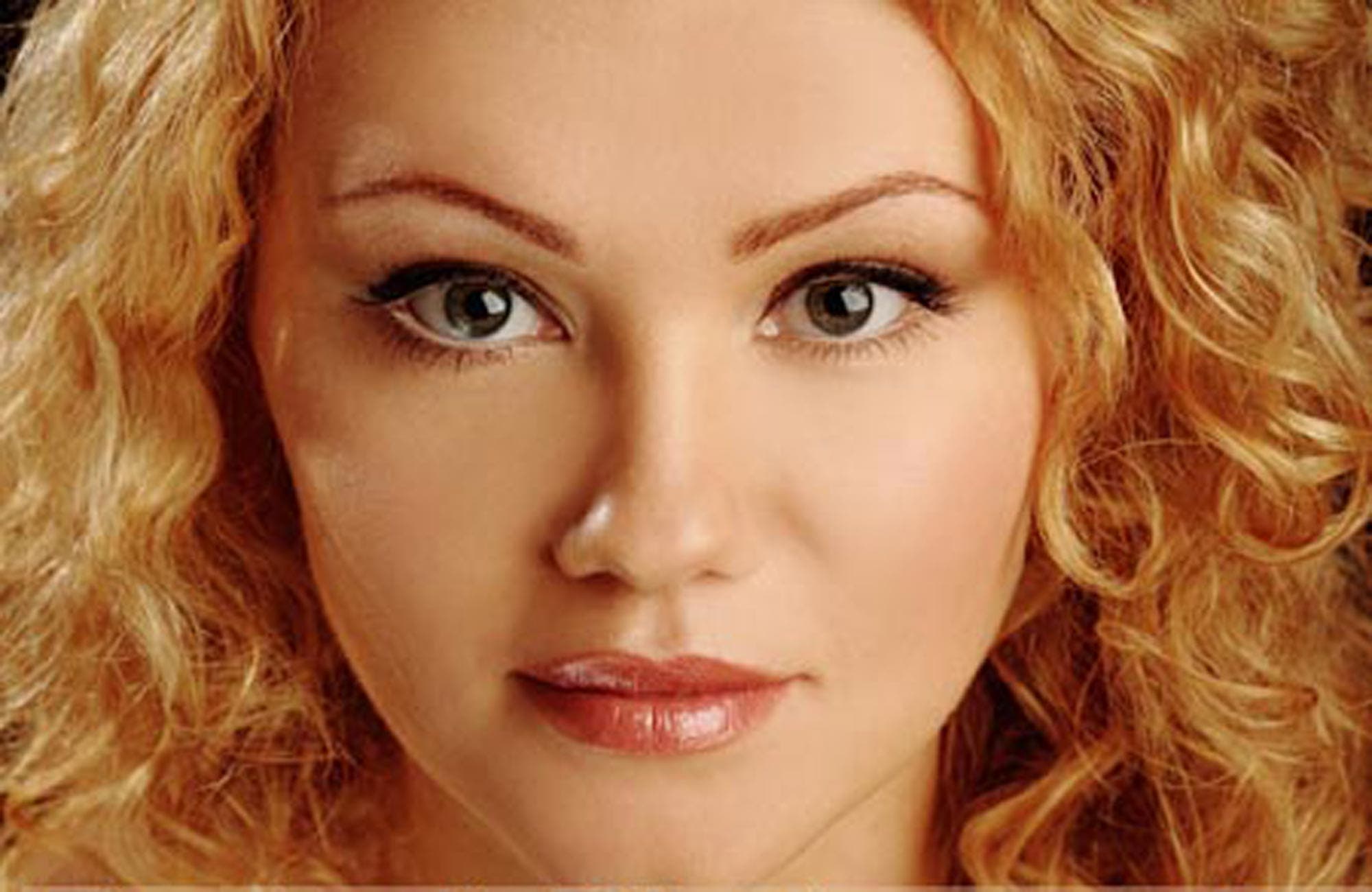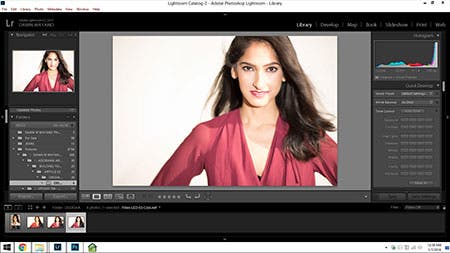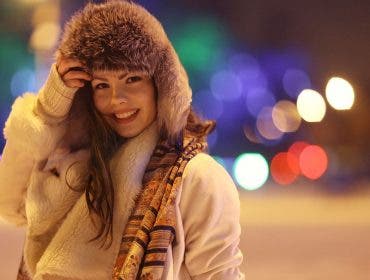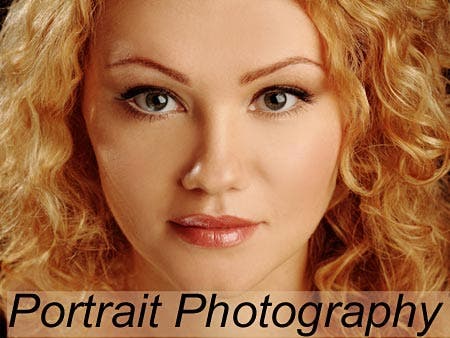
Are you ready to make the transition from taking snapshots of friends and family to creating beautiful, flattering portraits? A portrait photographer knows how to pose and compose, and is bright when it comes to creating soft light. A clear knowledge of the gear and knowing a few nifty tricks of the trade also helps.
We’ll show you how to get great portraits wherever you are. But if you’re ready to get serious (in other words, shoot portraits in a studio), you need to know all the technical stuff so you’ll make the right equipment buying choices. We’ve divided the world of portraiture into the right side of the brain (Technique) and the left side of the brain (Studio Lighting Basics, And Furthermore). Want to know the creative stuff? Check out the Technique section. Have questions about what gear you should get? Scroll down to Studio Lighting Basics.
Show us what you’ve learned! If you’ve read these articles and have some killer portraits to share, we’d love to see them, and we might even post a few in a special reader submission section. Email your best shot (limit 1 per person–and please keep file size to 100K or smaller).–Mason ResnickEditor, AIRC
Technique
The difference between an OK portrait and a masterpiece may be a slight tilt of the head, getting the right expression, paying attention to the details–and having some tricks up your sleeve. Here’s where to find them.

Outdoor Portraits: Fun In The Sun / Mason Resnick
You need diffuse, flattering light, but the sun is harsh. What to do?
Outdoor Portraits: Made In The Shade / Mason Resnick
How to work with the best light mother nature can provide.
Portrait composition rules, and when to break them / Steve Sint
When shooting environmental portraits, sometimes, it’s better to flush the format.

Your attitude affects your people pictures…so don’t be so serious! / Rick Sammon
Who said portraits have to be serious? Sometimes silly is just what you need to get the shot.
Six tips for “framing” group portraits / Steve Sint
Here’s an essential guide to composing group portraits with two, three, four, five, and six people.

The portrait photographer’s notebook: Know your noses / Steve Sint
A simple trick that lets you tame bodacious schnozolas…and flatter the owners thereof.
The portrait photographer’s notebook: Use a hair light / Steve Sint
Master the simple overhead light that separates pro portrait shooters from wannabes.
The portrait photographer’s notebook: The eyes have it / Steve Sint
To get eyes to be the right size, you may have to take it on the chin.
Studio Lighting Basics
There’s lots of confusion about studio lighting equipment. Some photographers think it’s too complicated and too expensive but in reality it can be neither. There are different kinds of studio light sources and each has its strengths and weaknesses. In this 4-part series, Joe Farace explains it all–and how you can use them to light your portraits.

- Part I: What Are Monolights? / Joe FaraceSelf-contained studio flash units that can do everything all by themselves.
- Part II: AC and DC Packs / Joe Farace One power pack can control several flash units and packs a wallop.
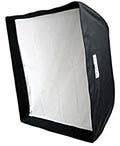
- Part III: What are Continuous Lighting Sources? / Joe FaraceThey’re not flashy, but they may be ideal for shooters on a budget.
- Part IV: Using Lighting Modifiers / Joe FaraceUmbrellas, light banks, reflectors…see the light and control it.
…And furthermore…
Want beautiful portraits? Get a big umbrella! / Steve Sint
Turn a small, harsh light source into a large, friendly soft light that just wants to give your portrait subjects a big hug.
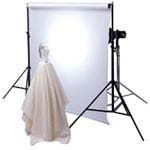
Buying guide: Studio backdrops / Mason Resnick
Background info on the stuff that goes behind your sitter and can make or break a portrait.
Portraits without a studio / Joe Farace
It’s amazing what you can do with 72 square feet of space and some planning.
Photos (Top to Bottom): © iStockphoto.com/Anna Bryukhanova; © iStockphoto.com; © Rick Sammon; © Steve Sint. Product shots supplied by manufacturers.
© Adorama Camera, Inc.
